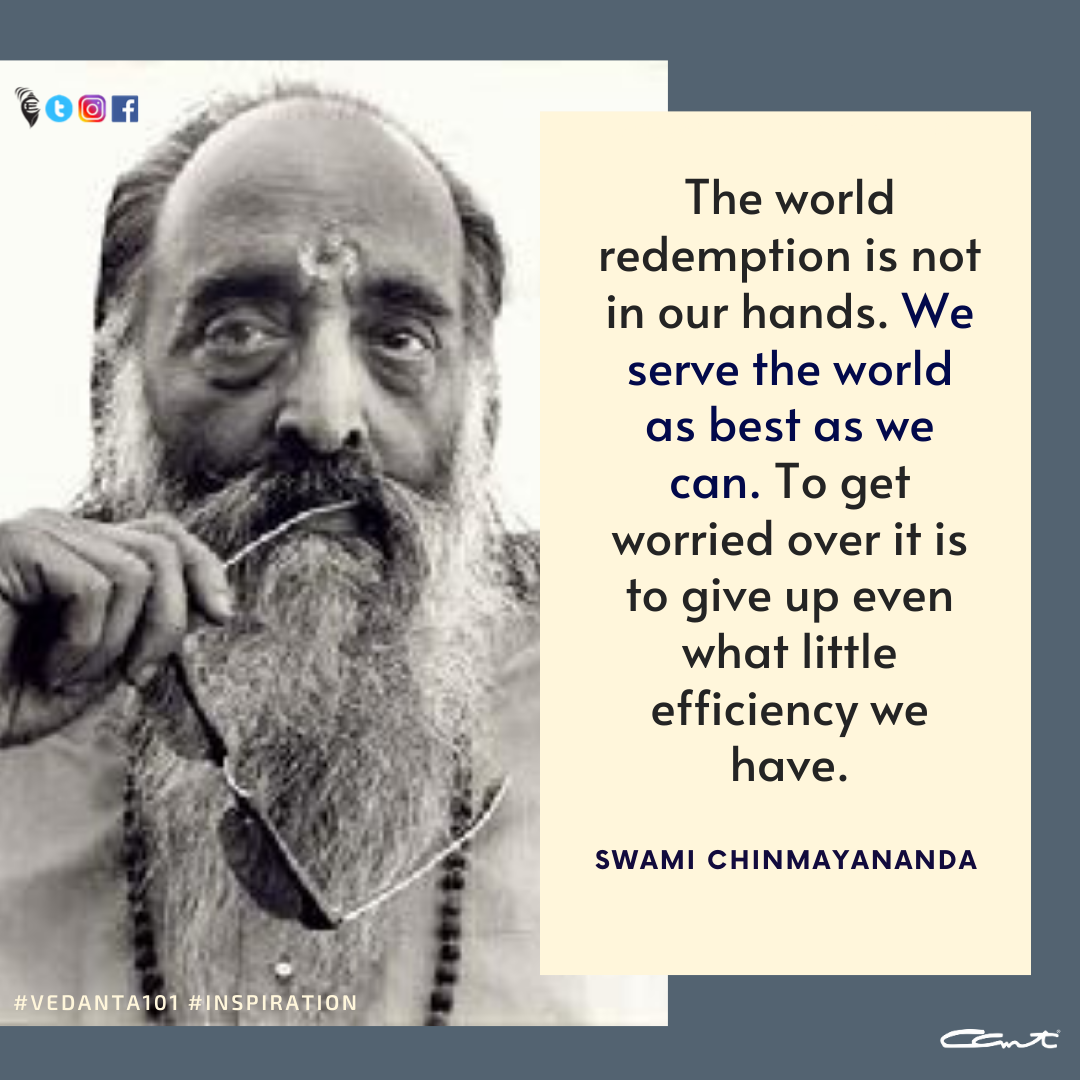Srimad Bhagavad-Gita : Chapter-15. Sloka - 7.
-----------------------------------------------------
Tuesday, September 22, 2020. 5:18. PM.
Srimad Bhagavad-Gita
Chapter-15. Purushothama-yogam
Slokam - 7.
"This chapter is very important, hence kindly follow and understand each slokam well."
--------------------------------------------------------------
Slokam-7.
"Mamaivamso jivaloke jivabhutah sanatanah,
manahsasthanindriyani prakrtisthani karshati."
-----------------------------------------------------------
Translation :
mama eva sanatanah amsmah = certainly My eternal fragmental particles;
jivaloke jivabhutah = in the world of conditional life, as the conditioned living entities;
prakrtisthani = situated in the material nature;
manah sasthani indriyani = mind and senses and;
karshati = ever attached to Me.
----------------------------------------------------------------
Tatvam (Essence) of Slokam-7.
"The living entities in this conditioned world are My eternal, fragmental parts. Due to conditioned life, they are struggling very hard with the six senses, which include the mind."
--------------------------------------------------------------
Discourse :
1.
The atma or immortal soul within all jivas or embodied beings constitutes an eternal portion of Lord Krishna and thus is also eternal. Yet because the jiva is inextricably emeshed in material existence from time immemorial it is enslaved by the nescience of its own karma or reactions to actions and revolves incessantly in samsara the perpetrual cycle of birth and death. Precisely based on this karma a jiva is forced to accept a suitable body such as a demigod, human, animal etc., attracting with it five senses and a mind exactly appropriate to maximising the chances of survival for such a jiva.
2.
But when the jiva through association of the Vaisnava spiritual master becomes enlightened from hearing his unequivocal instructions and surrenders fully unto the Supreme Lord Krishna as one's only refuge then Lord Krishna Himself releases the jiva from the bondage of samsara and the jiva becomes situated in atma-tattva or soul realisation. Other than taking exclusive shelter of Lord Krishna or any of His authorised incarnations as revealed in Vedic sciptures it is impossible for the jiva which is very much handicapped in terms of intelligence and potency to achieve moksa or liberation. This is due to the heavy burden of unresolved karma attached to the jiva that they must carry with them life after life. But all actions performed for the satisfaction of the Supreme Lord have no karma attached to them. This is the difference.
3.
Lord Krishna explains a manifestation of His divine form. Due to the atma or immortal soul although distinctly different is similar in quality to the Supreme Lord it is sometimes spoken of as a partial manifestation. The Supreme Lord when enveloping the physical body, energises the five senses and activates the mind relative to prakriti the material substratum pevading physical existence. The statement that the mind is drawn toards sound may give rise to the misnomer that the jiva or embodied being is independent. Lord Krishna clarifies this in the very next slokam..
To be continued ...
==============================================================





Comments
Post a Comment